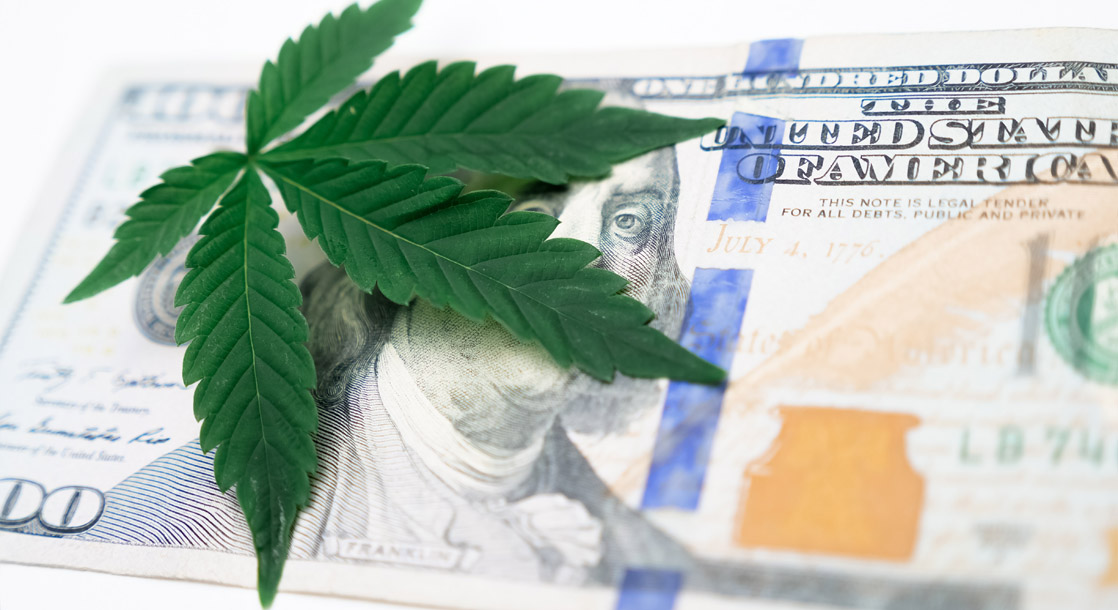Arizona’s legal weed industry is only a little more than a year old, but it’s already drawing in three times as much tax revenue as the state’s liquor and tobacco industries combined.
The Grand Canyon state collected $18.2 million in legal weed taxes this March, according to a new monthly report by the Arizona Joint Legislative Budget Committee. This revenue combines $11.9 million in pot excise taxes, $3.4 million in adult-use “Transaction Privilege” taxes, and another $2.9 million in medical pot taxes. So far this year, the state has already collected $149.7 million in cannabis taxes.
March’s weed tax haul is more than triple the $5.4 million in booze and cigarette taxes Arizona collected that same month. The budget committee reports that the state collected $3.7 million in liquor taxes last month, and $31.6 million so far this year. Tobacco taxes came in at $1.7 million in March and $15.4 million year-to-date. Again, these year-to-date totals combined are less than a third of the state’s 2022 weed tax revenue.
Arizona is not the only state to see its cannabis tax revenue exceed its taxes on booze. Last April, Illinois’ weed tax revenue outstripped its alcohol taxes for the first time, and weed tax income was almost a third higher than alcohol revenue by year’s end. But in states with more established weed markets, the disparity is even more extreme. Colorado, for example, actually makes almost 8 times as much tax revenue from weed than it does from hooch.
According to a recent report from the Institute on Taxation and Economic Policy (ITEP), the 11 states that were selling adult-use weed last year collected nearly $3 billion in combined tax revenue. These same states only collected a combined $2.5 billion from alcohol taxes. Alaska, Maine, Michigan, and Oregon are the only adult-use weed states that made less money from weed than from booze last year.
“This is still a small part of state budgets, but it’s a very quickly growing area,” said Carl Davis, co-author of the ITEP study, to The Hill. “There aren’t many revenue sources that grow year over year. This has been a several-year trend now. The early states, what you see is revenue start low and grow very, very quickly.”
Tobacco taxes are a different story, though. ITEP reports that adult-use states collected a truly eye-watering $5.9 billion in tobacco taxes last year, about double their total pot tax revenue. California accounts for the lion’s share of this income, with nearly $2 billion in cigarette taxes levied. Arizona, Colorado, and Washington are the only states that currently make more money from weed taxes than from cigarette taxes.
Davis recommended that any state that wants to maximize its weed tax revenues should make it as easy as possible for entrepreneurs to start their own weed businesses. “If their priority becomes to maximize revenue, the way you do that is to allow for a large number of retail outlets and allow for delivery and discourage local bans on cannabis shops,” he told The Hill. “You can tax cannabis quite heavily and raise a significant amount of revenue. Washington is raising more than any other state [per capita] because it has a high tax rate.”
High tax rates are great for state budgets – and many states are putting this income to good use – but excessive taxes could also destroy the industry. Smaller weed businesses in high-tax adult-use states are struggling to survive, and some California businesses even planned a tax revolt to protest the state tax regime. Extreme taxes also end up making legal pot far more expensive than illicit bud, which helps the black market stay in business.











